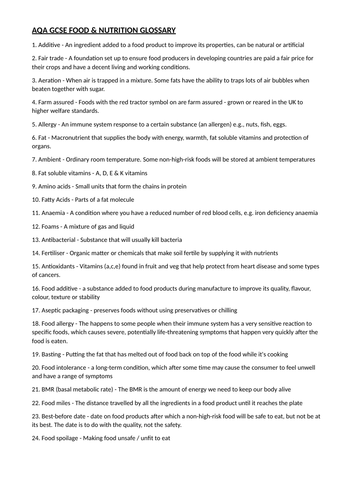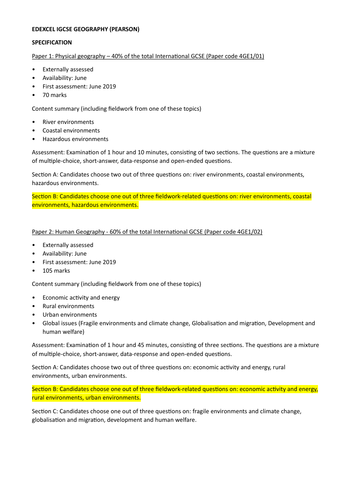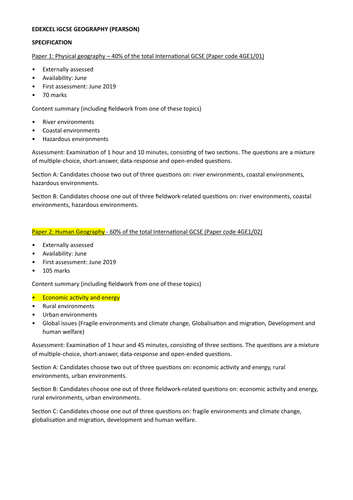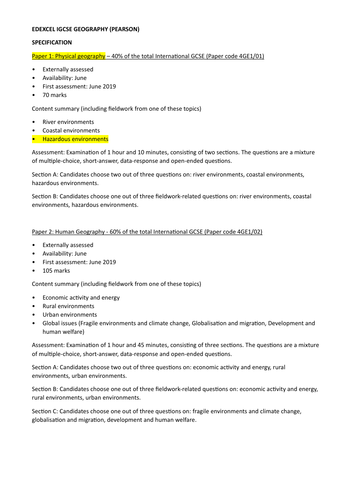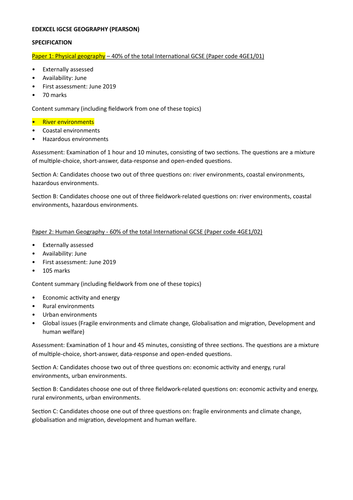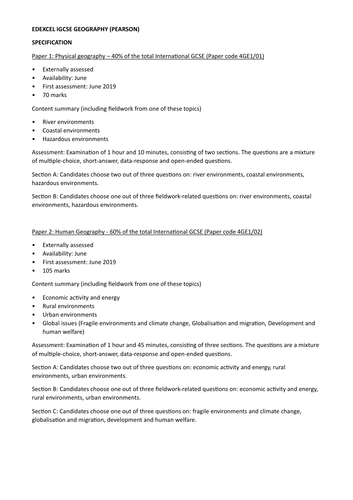Michaela's A-Level & GSCE Revision Shop
The content uploaded in my shop is a collection of revision notes, knowledge organisers, model essay plans and model essays all directly in line with the exam specifications and assessment objectives. I am currently studying History at Exeter University. I studied English Literature, History, Religious Studies and an EPQ at A level achieving AAAA. I wish to share my revision notes and resources so others can achieve top grades too. Also, it would be really helpful if you could leave a review!

